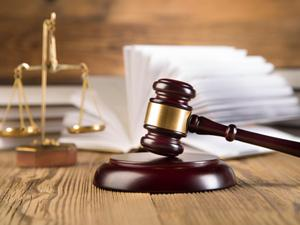Depending on whether you ask this question to a French or British woman, you may get a different response.
In general terms, when a British couple marry, the woman may choose to take her husband's name. This will then become the only surname to appear on official documents such as a passport. These official documents will not mention her maiden name, which will usually only then be found on birth and marriage certificates.
On the other hand, women in France keep their maiden name on official documents, even after they have married: “Marie DURAND épouse MARTIN” - “Marie DURAND married name MARTIN”. The reason for this dates back to a law from the French Revolution that is still in force today: la loi du 6 fructidor an II * (23 août 1794), which states that a citizen can only use the forenames and surname stated on their birth certificate.
Upon marrying, a French woman only gains the right to use her husband's surname - it never becomes her actual name. For all administrative dealings, she will still be identified by her maiden name, because article 4 of the previously mentioned law forbids public servants from referring to a citizen by any other name than that shown on their birth certificate.
So, if you find yourself having to deal with the French authorities and needing to verify your name, you should always take along your birth certificate as well (showing your maiden name), as this is the only document that will be recognised by the administration.
* during the Revolution, it was decided to create a new calendar to replace the one currently in use at the time (and which is still in use today). This calendar renamed the months of the year and began on the 22nd September 1792, thereafter known as the 1st vendémiaire year 1, the day of the foundation of the Republic. It was abandoned in 1806.


Pas de contribution, soyez le premier